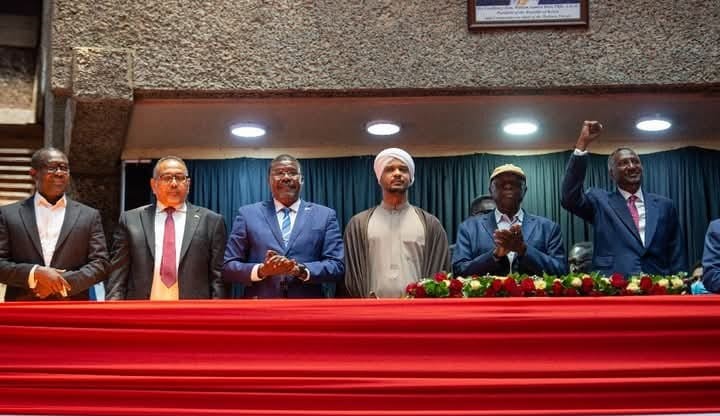There is an old African proverb that says, “You cannot win a war while fighting with the enemy’s weapon.”
Continuing the state of deterioration and political bankruptcy associated with the moral bankruptcy surrounding the leadership of the Rapid Support Forces militia since April 2023, the militia continues its chaos in the halls of the Founding Sudan Alliance in Nairobi. This alliance was not attended by a single regional or international representative, indicating that it came as a retaliatory reaction to the increasing popular support for the Sudanese Armed Forces after their success in controlling most of the strategic areas and their near-complete liberation of the country’s territories.
The Founding Sudan Alliance, which has not received attention from Africa, the region, or the international community, faces obstacles that will mark the beginning of its exposure, and some of the most important obstacles are as follows:
First Obstacle: This relates to Mohamed Hassan al-Tayashi, a former member of the “Taqaddum” Coordination, whose presidency of the parallel government is expected by some sources. The obstacle lies in the negotiations he will lead with several Darfur leaders and civil society on the terms of the political charter and the interim constitution that are set to be adopted. These two conditions are essential for appointing the so-called peace government.
Second Obstacle: The refusal of several figures involved in the Founding Sudan Alliance, notably “Fadlallah Burmah Nasser,” leader of the National Ummah Party, to allow the “Qimam” party, the political wing of the Rapid Support Forces militia, to participate in the Nairobi meetings.
Third Obstacle: The rising voices of national opposition within Kenya rejecting President William Ruto’s administration’s acceptance of hosting a parallel government led by the Rapid Support Forces militia on Kenyan soil. This explains the cancellation of the press conference held by Reporters Without Borders in Nairobi on January 13th, following internal and external pressures on the Kenyan government. This was mentioned in our previous article titled “Hamidti’s Government and the Abortion of the National State,” where we confirmed that the administration of President William Ruto, if not aware of the consequences of antagonizing Sudan at this critical point in the country’s history, would find that there are well-established Kenyan institutions with a rich intelligence and security history in East Africa, and they certainly see what the presidential institution does not. Therefore, they are aware of the repercussions of accepting a government led by a militia so close to their borders, just as they are aware of the intersections that have strained relations with their regional neighbors since the 1970s.
It seems that the announcement of the so-called peace government will be delayed, and there is a high probability that it will be organized outside Kenya following the rise of a national trend supported by some Kenyan security institutions, which emphasizes the need for diplomatic neutrality. The question remains: if our predictions are correct about organizing this alliance outside Kenya, where will it be? Especially with the increasing African political awareness that is fiercely advocating for the unity and sovereignty of national states, surpassing the stage of slogans and becoming an escalating wave that has hit the Atlantic shores and echoed in the shores of the Red Sea, reaching the Indian Ocean. Every African country, under these circumstances, will distance itself from engaging in this absurdity that Sudan has been forcibly drawn into, knowing that it could be the next target with the rise of armed groups outside the law threatening the sovereignty of national states, or its land could be a hub for hosting an exiled government formed abroad, trying in vain to rival the nation that rejected it.
A scholarly contribution by the researcher is available at the following link:
https://mogadishucenter.com/2025/02/%d9%85%d8%a7%d8%b0%d8%a7-%d8%ae%d9%84%d9%81-%d9%83%d9%88%d8%a7%d9%84%d9%8a%d8%b3-%d8%aa%d8%ad%d8%a7%d9%84%d9%81-%d8%a7%d9%84%d8%b3%d9%88%d8%af%d8%a7%d9%86-%d8%a7%d9%84%d8%aa%d8%a3%d8%b3%d9%8a%d8%b3/
Dr. Amina Al-Arimi
An Emirati researcher specializing in African affairs.

